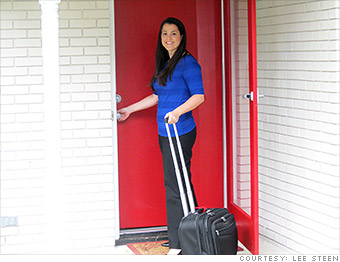Search News
CNNMoney/PayScale's top 100 careers with big growth, great pay and satisfying work.

What they do all day? To see if a new drug really works, researchers need to test if they perform better than placebos or existing treatments. Clinical research associates, or CRAs, monitor these trials to make sure they're conducted according to regulatory standards. They may develop research protocols, verify data, and write reports on the results.
How to get the job? Having a bachelor's in life science or nursing helps, as does experience with clinical trials -- like one might get as a nurse or other health-care professional. Many universities also now offer master's programs in clinical research management.
What's great? What's not? It's meaningful work to help protect study subjects and make it possible to evaluate new treatments. But CRAs must go where the research is being done, so many of them spend 60 to 80 percent of their time on the road, which isn't everyone's dream schedule. --K.A.
What they do all day? To see if a new drug really works, researchers need to test if they perform better than placebos or existing treatments. Clinical research associates, or CRAs, monitor these trials to make sure they're conducted according to regulatory standards. They may develop research protocols, verify data, and write reports on the results. --K.A.
*Total jobs is estimated number of people working in broader BLS 'job family.'
Sources: PayScale.com, Bureau of Labor Statistics, and CNNMoney research